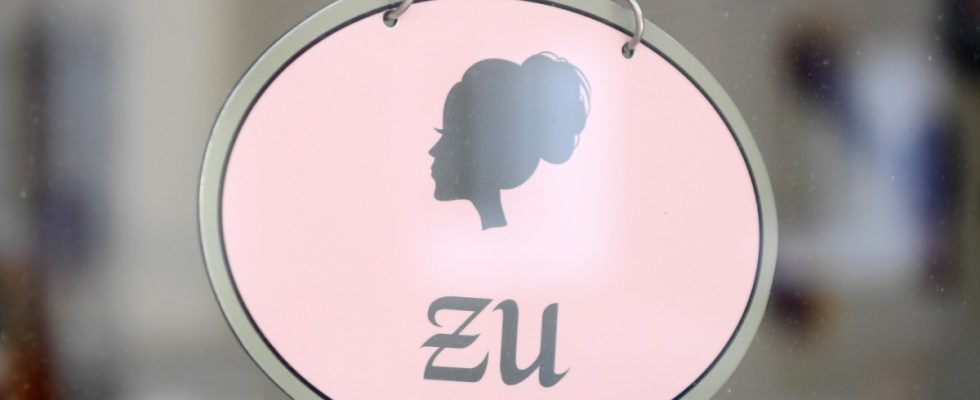When Economics Minister Hubert Aiwanger (FW) appeared in front of the press last week, he had a kind of peace offer with him: to all the entrepreneurs in Bavaria who are currently threatened with repayment of the Corona emergency aid and who are therefore frustrated. “Our maxim is that nobody should get into financial difficulties because of the repayment of too much aid,” Aiwanger is quoted as saying in a statement from his house. The self-employed with a low annual income will therefore be exempted from repaying the emergency aid. They want to “maximize the scope that we see legally”. And: A “good solution” was found.
Actually? Not everyone in the economy sees it that way, the frustration with the Bavarian emergency aid is still great. In the spring of 2020, the state government wanted to use these to cushion the losses caused by the pandemic, and around 2.2 billion euros were paid out to 260,000 companies. But instead of peace, there has been controversy since the recipients have to prove online that they received the money rightly. And the dispute could get even bigger: In the meantime, the first trade association has called for resistance to the repayment procedure.
It is not even clear who would have to repay how much and if at all. The feedback process runs until the end of June. The Federal Association of Medium-Sized Businesses (BVMW) has expressed doubts as to whether the reclaim is legally permissible at all. One reason from his point of view, simplified: Both the criteria for emergency aid and now the test notifications are formulated too unclearly for a repayment obligation to result. “It’s good that the help was there,” says spokesman Achim von Michel, many companies were in financial distress at the time. But: “I can only check what a clear requirement is.” The association therefore recommends its members not to take part in the feedback procedure at all and instead to lodge an objection with a lawyer.
Unclear guidelines are something like the linchpin of the emergency aid frustration, and not only since last autumn the first notifications were in the mailboxes. Right from the start of the program, entrepreneurs and associations pointed out that the guidelines for receiving emergency aid left too much room for question marks. The definition of the so-called liquidity bottleneck proved to be problematic. This is calculated in simplified terms from sales minus costs – but to the surprise of many entrepreneurs, the Free State did not accept personnel expenses, in contrast to other federal states. At the time, the confusion about the conditions went so far that the Education and Science Union even revoked its original recommendation for emergency aid: For many self-employed people, the whole thing was a “bluff”.
Another problem: the state government had always ruled out repayment of the aid – although this mechanism is quite common for aid funds of all kinds in order to prevent fraud and a waste of tax money. But the federal government, which finances most of the aid billions, did not agree to that. Samples finally confirmed the suspicion that a “significant number” of recipients “received too high aid payments in retrospect,” as the Ministry of Economic Affairs announced in December when asked by the SZ. In the meantime, a good 50,000 recipients of emergency aid have jointly remitted around 362 million euros; some before receipt of the notifications, some afterwards.
“Press releases from the State Chancellery should be treated with caution.”
Given that history, the exceptions announced by Aiwanger now threaten to fuel rather than end the frustration. If you ask around in Bavaria, you will also come across entrepreneurs who breathe a sigh of relief: suddenly paying back a few thousand euros, now in the middle of the crisis, that would be difficult for smaller companies in particular. But for many others, the status quo remains, either because the exceptions don’t apply to them or because the anger runs too deep. “Press releases from the State Chancellery should be treated with caution,” a self-employed commented on the news. More distrust is actually hardly possible.
It cannot be ruled out at the moment that the exceptions, which are actually intended to calm things down, will have the exact opposite effect. In principle, it is to be welcomed that at least low earners should be relieved, according to the BVWM. The problem: The new regulation firstly ignores the facts and secondly creates new differences in how applicants are treated. The association therefore also assumes that the courts will ultimately clarify the whole matter. In North Rhine-Westphalia, says Michel, a decision has already been made in favor of companies with regard to emergency aid.

